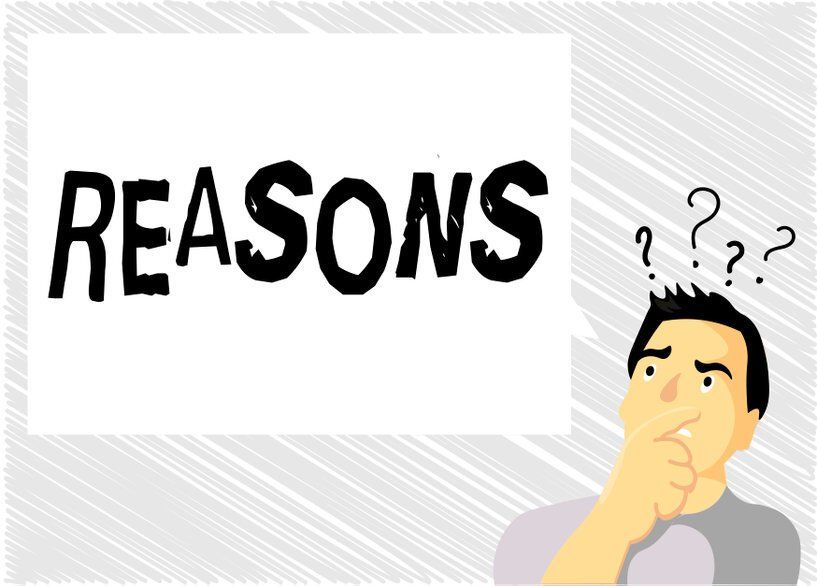3 Reasons People Avoid Sedation Dentistry and Why They’re Not Relevant
- By Mary Marks
- •
- 15 Oct, 2021
- •

Sedation dentistry is the method designed to reach the state
of conscious sedation in anxious patients. Conscious sedation is a state of
minimal depression of the level of consciousness that includes a feeling of
mental relaxation accompanied by the ability to remain fully awake and
responsive to physical stimuli or verbal commands. The inhalation procedure is
auxiliary to dental treatments. The inhalation technique involves inhaling
gases along with oxygen. In this way, substances such as nitrous oxide (N2O)
are absorbed into the lungs, then into the circulatory system to eventually
cause the patient to relax. Good
oral sedation dentistry Highlands Ranch professionals
are very well trained in the use of sedation practices.
There are patients who are reluctant to go through sedation, as they fear that inhaled substances could have negative effects. But their fears are not reasonable.
These are 3 reasons why some patients reject sedation dentistry:
ØIt is not safe – NOT TRUE
The inhalation procedure is actually very safe. The substances used have no negative effect on the heart, lungs, liver, kidneys or brain, even if these organs are diseased. N2O is not metabolized in the body, which makes its elimination quick (3-5 minutes), compared to other sedation methods.
ØSedation effects can last for days – NOT TRUE
The effects of the laughing gas will stop as soon as the dentist stops it’s administration. As for oral and IV sedation, effects will wear off within just a few hours.
ØYou will lose control – NOT TRUE
Some people do not feel comfortable with the effects of the laughing gas because they are afraid that they might lose control, or that this method will make them dizzy, but this only happens very rarely, due to overdosing. The dentist will know how to avoid these problems.





Although oral sedation dentistry Highlands Ranch is one of the optionsavailable for managing anxiety and discomfort during oral surgery, you certainly do not need to use it all the time. As a matter of fact, the exact type of sedation or anesthesia that you receive during oral procedures may depend on various factors, such as the complexity of the procedure, your medical problems, as well as your doctor’s preferences.
There can be several different levels of sedation that can be used in oral surgery. Local anesthesia is one of them. This involves injecting anesthetic medication into the specific area where the surgery will take place. It numbs the area and is often used for less invasive procedures.
Oral sedation involves taking medication in the form of a pill to induce a state of relaxation and drowsiness. The patient is still conscious, but he/she may not be fully aware of the procedure. At any rate, sedation helps him/her get rid of anxiety.
In the case of intravenous sedation, medication is administered through a vein, which induces a deeper state of sedation than oral sedation. Patients may still be conscious, but they are less aware of their surroundings and may not remember the procedure.





